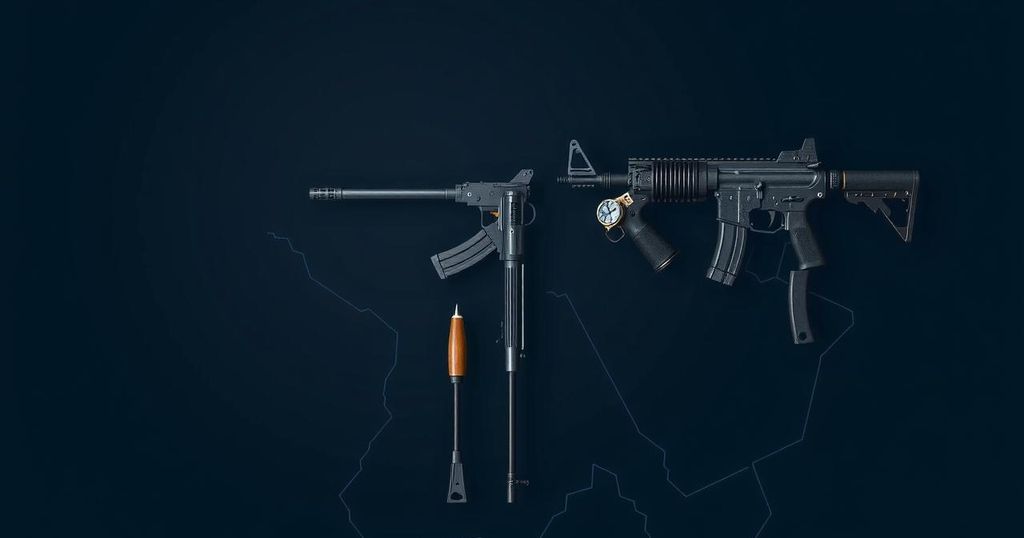Sudanese Foreign Minister Ali Youssef: Arms Acquisitions and Military Sovereignty
Sudanese Foreign Minister Ali Youssef confirmed that fighting will continue in Sudan during Ramadan, countering expectations for a ceasefire. He clarified that an agreement with Russia involves a service area for military vessels rather than a naval base. Youssef also defended Sudan’s right to procure arms from any willing nation, including Iran and Ukraine, amid Western sanctions, emphasizing the need for national sovereignty in military matters.
In a recent interview with BBC Arabic, Sudanese Foreign Minister Ali Youssef discussed Sudan’s ongoing military situation and arms acquisitions. He stated that fighting in Sudan would persist through Ramadan, which he referred to as “the month of war” in Islamic history. He noted that agreements with Russia regarding military cooperation should not be misconstrued as establishing a naval base, but rather a “service area” for military vessels.
Youssef outlined Sudan’s military procurement challenges due to Western sanctions, questioning the expectation for the Sudanese army to surrender. He asserted that Sudan would purchase weapons from any nation willing to sell without sanctions, specifically addressing inquiries about Iran and Ukraine. He expressed confidence in this sovereign right to acquire arms.
When confronted about the potential implications of hosting Russian naval presence in Sudan, Youssef clarified that this arrangement serves only to provide naval services rather than a permanent military foothold. He reassured that Sudan maintains amicable relations with both Russia and European nations, rejecting any notion of becoming an extension of foreign powers.
The Foreign Minister emphasized the importance of parliamentary ratification for the agreements with Russia, stating that with no current parliament, approval awaits the country’s transition to elected governance. He dismissed notions of disguised colonialism, citing the presence of multiple foreign bases globally as common practice. Youssef maintained that Sudan’s arms acquisition is within its rights and not subject to external limitations.
In conclusion, Ali Youssef’s remarks emphasize Sudan’s commitment to maintaining its sovereignty while navigating complex international relations. The discussions reveal Sudan’s strategic approach to military procurement amidst sanctions, the nature of its agreements with Russia, and the importance of parliamentary processes in governance. Youssef’s reaffirmation of Sudan’s right to arm itself highlights the nation’s determination to sustain its military capabilities despite external pressures.
Original Source: www.memri.org




Post Comment